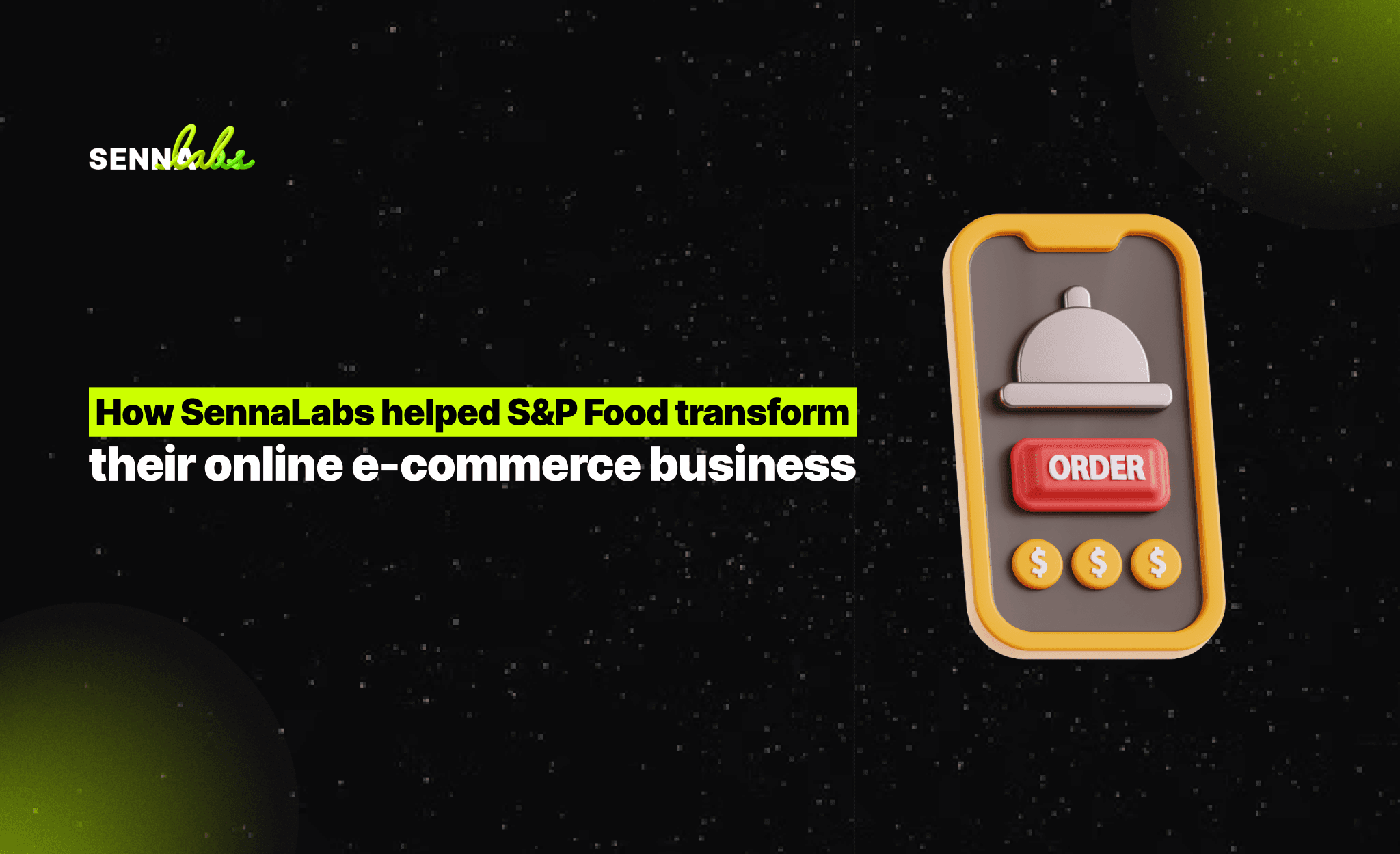Custom CRM vs. Off-the-Shelf Solutions: Which Is Right for Your Business?

Choosing the right Customer Relationship Management (CRM) system is a crucial decision for any business. Whether you’re managing sales, customer service, or operations, the right CRM can improve efficiency, enhance customer experiences, and drive growth. Businesses often face a choice: should they opt for an off-the-shelf CRM solution or invest in a custom-built CRM tailored to their specific needs?
This article explores the key differences between custom and off-the-shelf CRMs, their benefits and drawbacks, and how to determine which solution is best for your business.

Understanding Off-the-Shelf CRMs
Off-the-shelf CRMs are pre-built platforms designed to cater to a broad audience. Popular examples include Salesforce, HubSpot, and Zoho CRM. These solutions are often subscription-based, offering a range of features out of the box.
Benefits of Off-the-Shelf CRMs:
-
Ease of Implementation: These platforms are ready to use with minimal setup, making them ideal for businesses looking to deploy quickly.
-
Lower Initial Costs: Subscription-based pricing models mean you don’t need to invest heavily upfront.
-
Scalability: Many off-the-shelf CRMs offer tiers for different business sizes and needs, allowing for some level of growth.
-
Community Support: Established platforms have extensive user communities, resources, and customer support.
Drawbacks of Off-the-Shelf CRMs:
-
Limited Customization: While these solutions offer a variety of features, they may not align perfectly with your specific workflows or processes.
-
Subscription Costs Add Up: Over time, subscription fees and add-ons can become costly, particularly for growing businesses.
-
Integration Challenges: Compatibility with existing tools and systems may require additional effort or plugins.
-
Feature Overload: Many off-the-shelf CRMs include features you don’t need, cluttering the interface and reducing usability.
The Case for Custom CRM Development
Custom CRMs are built from the ground up to meet your business’s unique needs. They offer complete control over features, design, and integrations, ensuring the system fits seamlessly into your operations.
Benefits of Custom CRMs:
-
Tailored to Your Needs: Every feature and function is designed with your business processes in mind, ensuring a perfect fit.
-
Flexible and Scalable: As your business evolves, a custom CRM can be updated to accommodate growth or changes in strategy.
-
Integration-Ready: Custom CRMs can be designed to integrate seamlessly with your existing systems, such as ERP software or inventory management tools.
-
No Ongoing Subscription Fees: Once developed, a custom CRM eliminates the need for recurring licensing costs, providing long-term savings.
Drawbacks of Custom CRMs:
-
Higher Upfront Costs: Developing a custom CRM requires an initial investment in time and resources.
-
Longer Implementation Time: Building and deploying a custom CRM takes time, which may not be suitable for businesses needing immediate solutions.
-
Maintenance Requirements: Custom CRMs require ongoing maintenance and updates, which may require in-house or outsourced technical expertise.
Key Factors to Consider
When deciding between a custom CRM and an off-the-shelf solution, consider the following factors:
1. Cost
-
Off-the-Shelf: Lower upfront costs but recurring subscription fees.
-
Custom: Higher initial investment but no ongoing licensing fees.
2. Flexibility
-
Off-the-Shelf: Limited customization; businesses often need to adapt their processes to the CRM.
-
Custom: Fully tailored to your workflows and easily adaptable as your needs evolve.
3. Implementation Time
-
Off-the-Shelf: Ready to use with minimal setup.
-
Custom: Requires development time, which can take weeks or months depending on complexity.
4. Integration
-
Off-the-Shelf: May require third-party tools or plugins to integrate with existing systems.
-
Custom: Built to integrate seamlessly with your tools and software.
5. Business Complexity
-
Off-the-Shelf: Suitable for straightforward workflows or small to medium-sized businesses.
-
Custom: Ideal for businesses with unique or complex operations that generic solutions can’t handle.
Real-Life Example: A Manufacturing Firm’s Journey to a Custom CRM
A manufacturing company initially used an off-the-shelf CRM to manage customer interactions and supply chain data. However, they encountered challenges:
-
The CRM couldn’t handle the complexity of their supply chain workflows.
-
Integrating it with their ERP system required expensive third-party plugins.
-
Reporting inaccuracies caused inefficiencies in decision-making.
The company decided to invest in a custom CRM tailored to their specific needs. The new system included:
-
Real-time integration with their ERP system for seamless data sharing.
-
Automated workflows for supply chain management, reducing manual errors.
-
Custom dashboards providing actionable insights into production and delivery timelines.
Results:
-
Data accuracy improved by 40%.
-
Operational efficiency increased significantly, with fewer delays in the supply chain.
-
The company saved on subscription fees and reduced reliance on third-party tools.
Which Option is Right for Your Business?
Choose Off-the-Shelf if:
-
You need a quick solution with minimal setup.
-
Your workflows are standard and don’t require extensive customization.
-
You have a limited budget and prefer a subscription-based model.
Choose Custom CRM if:
-
Your business has unique or complex workflows that off-the-shelf solutions can’t handle.
-
You require seamless integration with existing tools and systems.
-
You’re looking for a long-term solution that grows with your business.
Conclusion: Investing in the Right CRM
The choice between a custom CRM and an off-the-shelf solution depends on your business’s size, complexity, and growth goals. While off-the-shelf CRMs are convenient for immediate needs, custom CRMs offer unmatched flexibility and scalability, ensuring your system evolves alongside your business.
By carefully evaluating your requirements and weighing the long-term benefits, you can select the CRM that best supports your vision for success. Whether you choose an off-the-shelf platform or invest in a tailored solution, the right CRM will empower your team, enhance customer experiences, and drive your business forward.


Subscribe to follow product news, latest in technology, solutions, and updates
Other articles for you



Let’s build digital products that are simply awesome !
We will get back to you within 24 hours!Go to contact us Please tell us your ideas.
Please tell us your ideas.







